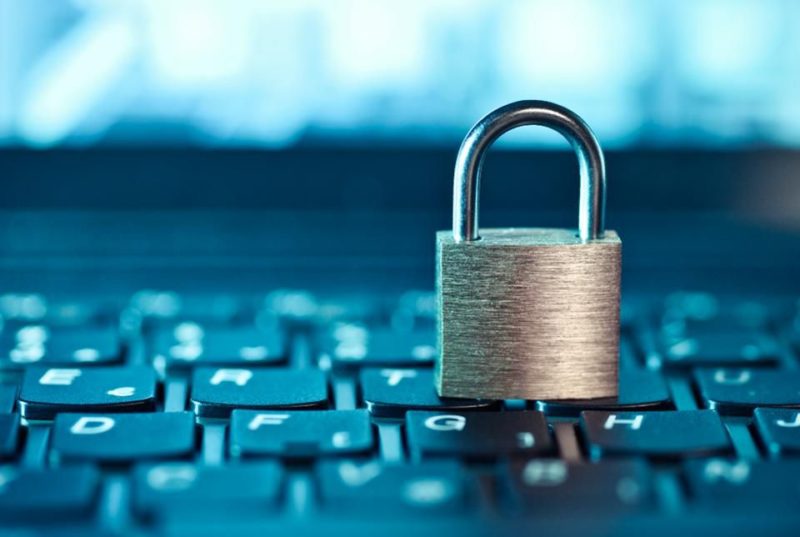
TrustWell’s Quarterly Market Review: Q3 2019
October 2, 2019
The Role of Insurance
December 1, 2019By Chris Daunhauer
I’ve been a victim of identity theft twice since 2008. I can assure you (and my wife would agree) it’s no fun. We did not “lose” any money in the end, but in both cases we spent many, many hours on the phone, in person, and writing letters trying to get our accounts straightened out and our names cleared.
In one case, someone filed a fictitious tax return using my name and SSN. In another, someone stole my credit card number, then programmed a spoof card using that number, and began using it to buy expensive toys from a London store.
From those painful personal experiences, and lots of later research and reading, I’ve learned several ways to make our accounts and our personal business more secure from prying eyes. Here’s two of the best:
Tell the IRS to begin issuing you a PIN (personal identification number) every year from now on. This will dramatically reduce the chance that someone you don’t know will file a tax return using your name and SSN (and claiming a big refund). Not all states offer this PIN option, but 19 of them do, and Florida is one of them.
Hacking your IRS account is surprisingly easy. Because you’re expected to file a tax return every year, and because there have been so many breaches of customer and employer databases over the years, criminals can easily create a false tax return using your real name and SSN plus bogus financial information about income, deductions, dependents, and tax credits to have a big refund mailed to their address.
The IRS does not know that you have not moved, and often processes the fictitious return and sends out the refund check to “you” at your “new” address) without knowing it’s not really you. Later, when you or your tax preparer files your [real] tax return for that same year, the IRS puts your account and your return on hold because they already have a return from you for that same year. If you were entitled to a refund, that refund is put in limbo while the IRS investigates the issue and makes you prove that the second one received is the real one.
Luckily, this type of identity theft is easy to stop – tell the IRS that from now on you want them to send you a new six-digit PIN every year… https://www.irs.gov/identity-theft-fraud-scams/get-an-identity-protection-pin
For taxpayers who have signed up for a new PIN every year, the IRS will ignore any tax return that does not include your secret PIN for that year. Identity thieves don’t know your PIN, and so their false returns using your name are not accepted. Your PIN can be used on paper returns and on electronic returns and the IRS will automatically send you a new PIN every January.
If you do your own tax returns, request a PIN yourself. If you have a tax preparer file your returns, make sure that he or she has requested a PIN on your behalf and is using it to file your returns.
This PIN defense strategy is easy and effective.
Another good strategy is to reduce the amount of personal information that gets printed onto paper and sent to you through the mail. Move your banking, credit card, and investment statements and reports to electronic format and reduce the amount of sensitive mail you receive.
Banks, utilities, lenders, and other companies you do business with love to have you sign up for electronic statements and monthly billing because it saves them printing and mailing costs. But signing up for electronic documents vs. printed documents benefits you, too. Maybe even more than it does them.
One benefit from signing up for electronic statements and other billing is that you have fewer papers to keep up with every year (and later, to store, search through, archive, or shred).
Another is that it keeps your personal information from being opened and read while it’s in printed form and making its way to you.
Charles Schwab, of course, offers electronic statements and trade confirmations. TrustWell does something similar by encouraging our clients to receive reports and billing statements through a secure internet portal that TrustWell has contracted with a vendor to provide for our clients.
Neither of these is required, but we think both are good ideas. Lots of our clients have already made the switch from paper statements and billing to the easier-to-access secure electronic documents, and so far none of them have asked to be switched back to the old way.
Contact us if you would like to learn more.




